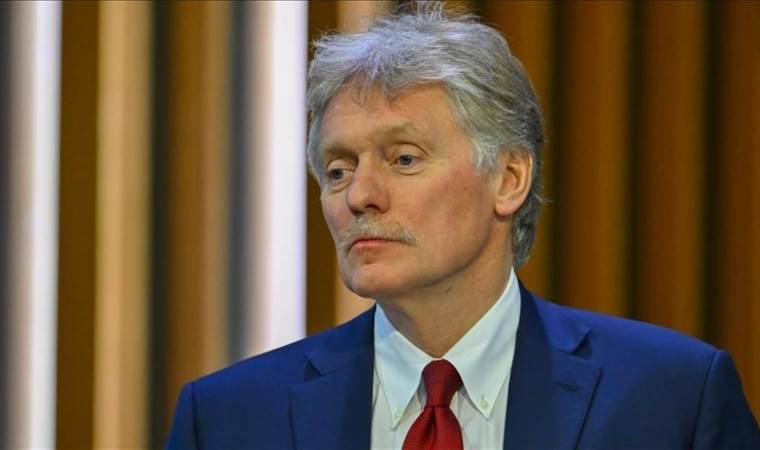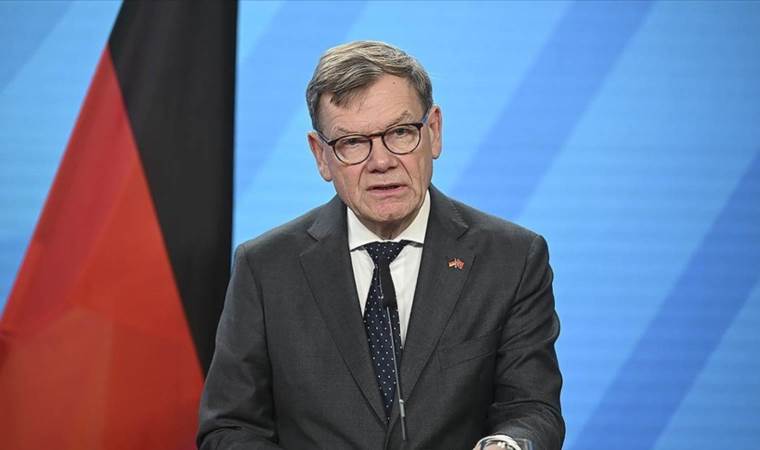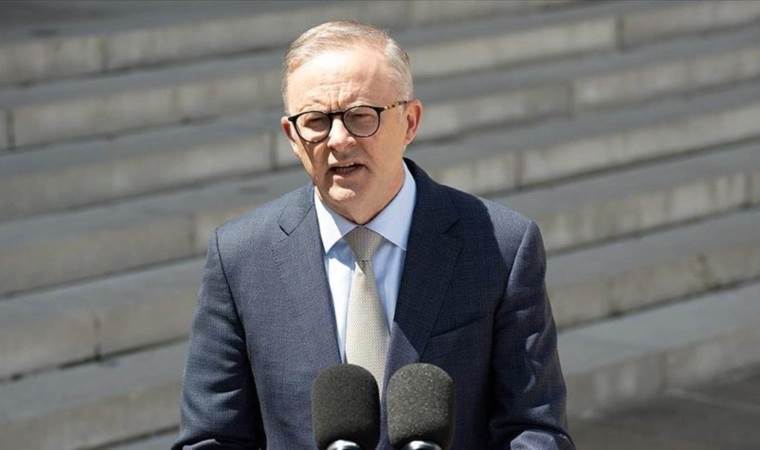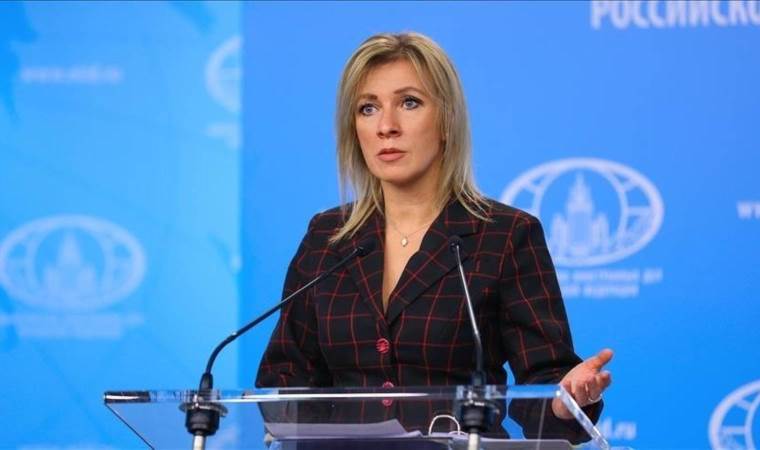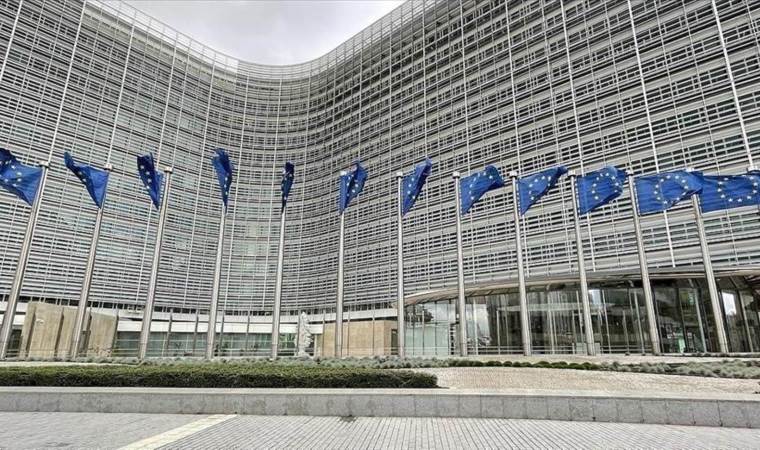US tariff uncertainty deepens trade strain on developing countries: International Trade Center chief
The executive director of the International Trade Centre (ITC) on Tuesday highlighted the deepening impact of US trade measures on developing countries, 90 days after Washington paused its planned "reciprocal" tariffs.

"While the pause offered some relief compared to the reciprocal tariffs, the 10% levy was added to existing duties, meaning countries – mostly developing countries – faced higher costs to export goods like apparel and agricultural products to the US," Pamela Coke-Hamilton said at a press briefing in Geneva.
Although the reciprocal tariffs set to resume this week were postponed until Aug. 1, the move "extends the period of uncertainty, undermining long-term investment and business contracts, creating further uncertainty," she added.
Coke-Hamilton warned that "economic uncertainty has real-world consequences," with the highest burdens falling on least developed countries.
"Lesotho… is set to face a 50% tariff, overriding the duty-free access provided by the African Growth and Opportunity Act," she said, adding that the measure put “up to tens of thousands of jobs” at risk.
Coke-Hamilton cited Vietnam's negotiated 20% tariff—lower than the initial 46% but still "double the current 10%" – as an example of continued pressure on key trade partners.
"The newly agreed-upon tariff could reshape trade between the two countries."
She also raised concerns over weekend announcements of an extra 10% tariff on countries aligning with certain BRICS policies, calling it part of a broader trend of over 150 restrictive trade measures globally since January.
At the same time, G7 countries are projected to cut development aid by 28% next year.
"In short, in today’s context, a 'perfect storm' is brewing," she said.
To counter this, she urged countries to strengthen regional trade, invest in value-added industries, and "make the small business agenda a political one."
Most Read News
-
 Person of interest identified in Brown University shooti
Person of interest identified in Brown University shooti
-
 Hollywood filmmaker Rob Reiner, wife Michele found dead
Hollywood filmmaker Rob Reiner, wife Michele found dead
-
 Russia says issue of Ukraine’s non-accession to NATO req
Russia says issue of Ukraine’s non-accession to NATO req
-
 2 US activists arrested by Israel in occupied West Bank,
2 US activists arrested by Israel in occupied West Bank,
-
 Australian police identify Bondi Beach gunmen as father
Australian police identify Bondi Beach gunmen as father
-
 EU condemns ‘dangerous actions’ by China in South China
EU condemns ‘dangerous actions’ by China in South China
-
 Germany could be Russia’s next target if Ukraine falls,
Germany could be Russia’s next target if Ukraine falls,
-
 Australian premier hints at 'tougher gun laws' after dea
Australian premier hints at 'tougher gun laws' after dea
-
 Moscow condemns 'barbaric' beach shooting in Australia
Moscow condemns 'barbaric' beach shooting in Australia
-
 European leaders welcome progress in Trump-led Ukraine p
European leaders welcome progress in Trump-led Ukraine p


